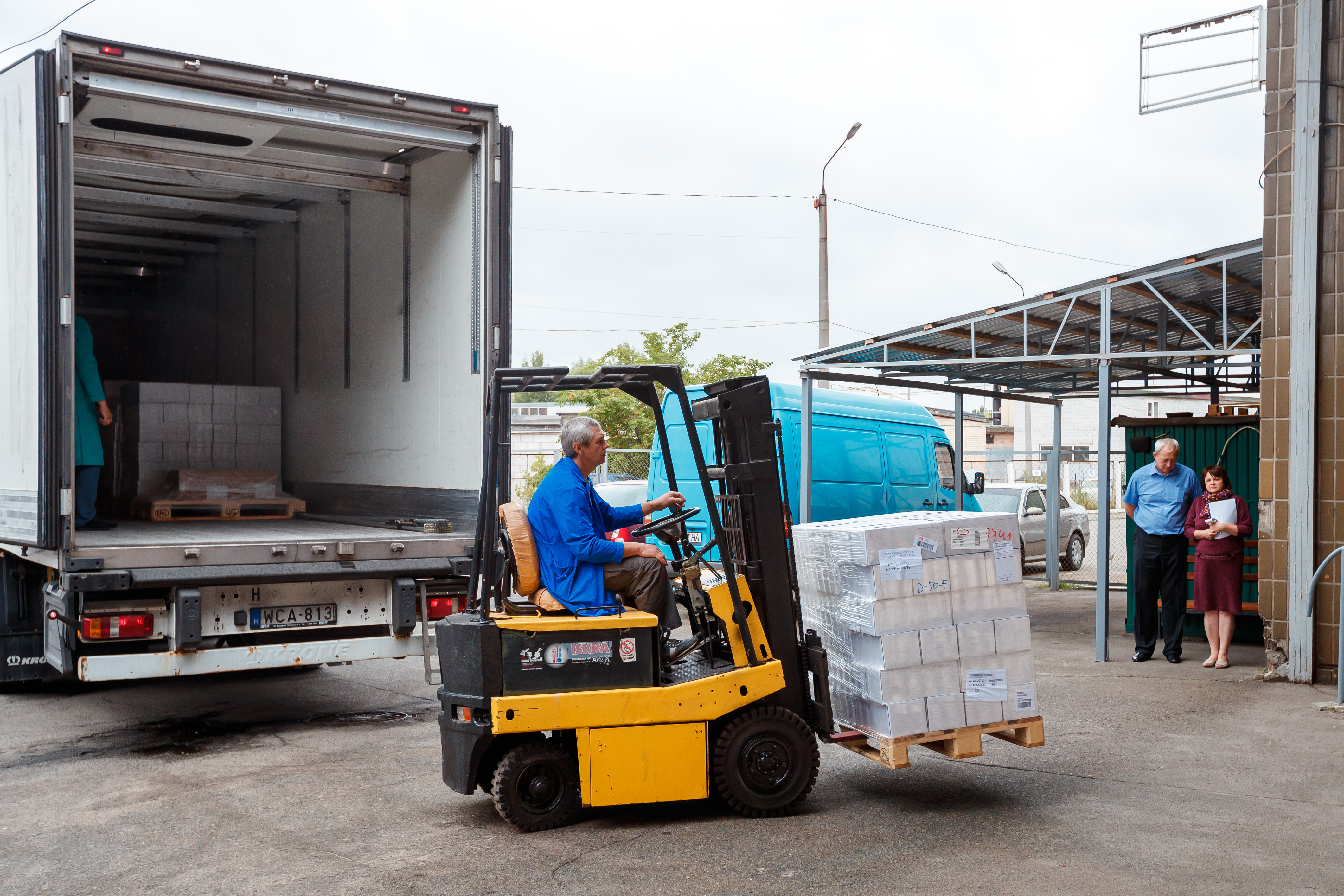A separate side event dedicated to Ukraine, organised at the initiative of UNDP and supported by Germany, Sweden and Japan, was held as part of the Global Disability Summit.

Berlin, 4 April 2025 – Ukraine shared its experience of inclusive recovery and innovations in the rehabilitation of wounded people at the Global Disability Summit, which was held on 2-3 April in Berlin. As part of the event, the United Nations Development Programme (UNDP) in Ukraine and the German Platform for the Reconstruction of Ukraine, with financial support from the governments of Germany, Sweden, and Japan, organised a separate panel discussion titled “Innovation for Inclusion: Overcoming Barriers in Ukraine.”
The Global Disability Summit is an initiative aimed at intensifying efforts to increase inclusiveness for people with disabilities around the world. It brings together all stakeholders: governments, the private sector, academia, civil society, organisations of people with disabilities, and foundations. The event takes place every three years; this year’s summit is the third since 2018.
Ukraine’s representatives spoke about the challenges faced by people with disabilities during the war and how government policies and innovations are helping to remove barriers in all sectors. Special attention was paid to progress in the development of assistive technologies, promoting digital accessibility, and building inclusive public infrastructure.
The event was attended by Tetiana Lomakina, Advisor – Commissioner of the President of Ukraine for Barrier-Free Environment, Uliana Pcholkina, Chair of the Board of the Public Union “The League of the Strong,” Iryna Maliutina, Advisor to the Ministry of Communities and Territories Development of Ukraine and Head of the Movement without Barriers project, Anton Kolomeitsev, Chief Architect at the Lviv City Council, Dmytro Popov, Head of the Digital Accessibility Laboratory and UNDP Digital Accessibility Specialist, and Olena Ursu, UNDP Ukraine Project Team Leader for Democratic Governance.
In response to the unprecedented challenges caused by the war, Ukraine has stepped up its efforts to promote accessibility, said Tetiana Lomakina, Advisor – Commissioner of the President of Ukraine for Barrier-Free Environment. In 2023–2024, 89% of the planned initiatives under the National Strategy for Creating a Barrier-Free Space in Ukraine were implemented.
“The future of Ukraine must be built on accessibility and equal participation of all citizens,” Lomakina said. “Building a barrier-free space and removing obstacles to the inclusion of people with disabilities requires a comprehensive policy approach that will take into account and pay attention to three key aspects: accessibility, rehabilitation and assistive technologies.”
Barrier-free solutions must be integrated into national and local recovery strategies through joint policy development, said Iryna Maliutina, Advisor to the Ministry of Community and Territories Development of Ukraine and Project Manager of the “Movement without Barriers.”
“The Government of Ukraine is committed to building a barrier-free space where every citizen has equal access to opportunities,” Maliutina said. “We launched the barrier-free routes project “Movement without Barriers” to show how urban space can and should look in the context of inclusion. Our goal is for policies to reflect the needs of people with limited mobility, ensuring that inclusive recovery is embedded in national and local strategies. Strengthening collaboration between government agencies, civil society, and international partners will be key to implementing sustainable solutions,” she added.
People with disabilities must be involved in any decision-making process to ensure that the recovery process is truly inclusive and that no one is left behind, stressed Uliana Pcholkina, Chair of the Board of the Public Union “The League of the Strong.” That is why it is critical to empower organisations of people with disabilities to shape inclusive policy and recovery.
“We, people with disabilities, are not passive recipients of aid; we are active participants in shaping policies that affect our lives,” Pcholkina said. “Our voices must be heard in any decision-making at all levels. Strengthening the role of organisations of people with disabilities ensures that recovery efforts truly address the needs of those most affected and create a more inclusive society.”
Research shows that people with disabilities in Ukraine have been disproportionately affected by the war. In particular, a survey by the Kyiv International Institute of Sociology, conducted at the initiative of UNDP and supported by the governments of the Republic of Korea and Germany in late 2023, showed that 73% of respondents who were injured as a result of the war indicated a need for rehabilitation services. At the same time, 17% did not receive them, despite the need for them.
“At UNDP, we believe that inclusive recovery is not only about rebuilding what was lost, but also about rethinking and reshaping systems to be better and more accessible than before,” said Olena Ursu, UNDP in Ukraine’s Democratic Governance Team Leader. “This means ensuring that funding and technical assistance go directly toward projects that promote universal design, assistive technologies, and digital accessibility. It also means fostering partnerships that bring together governments, civil society, and the private sector to create long-term solutions. By working together, we can create a Ukraine where accessibility, equality, and opportunity are not just ideals, but everyday realities.”
Background:
UNDP is one of the key partners of the government in helping to promote physical and digital accessibility, as well as supporting rehabilitation efforts for people who were injured because of the war. Recent initiatives include training adaptive sports coaches to support people affected by explosive ordnance and war-related injuries, training public servants on the principles of universal design and web accessibility, establishing the first national digital accessibility centre, and providing rehabilitation equipment to relevant institutions.
Media inquiries:
Yuliia Samus, UNDP Ukraine Communications Team Leader, yuliia.samus@undp.org

 Locations
Locations


















